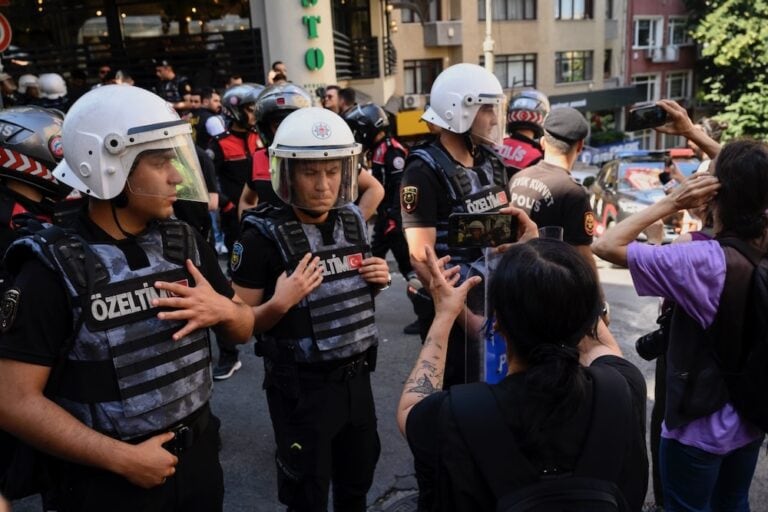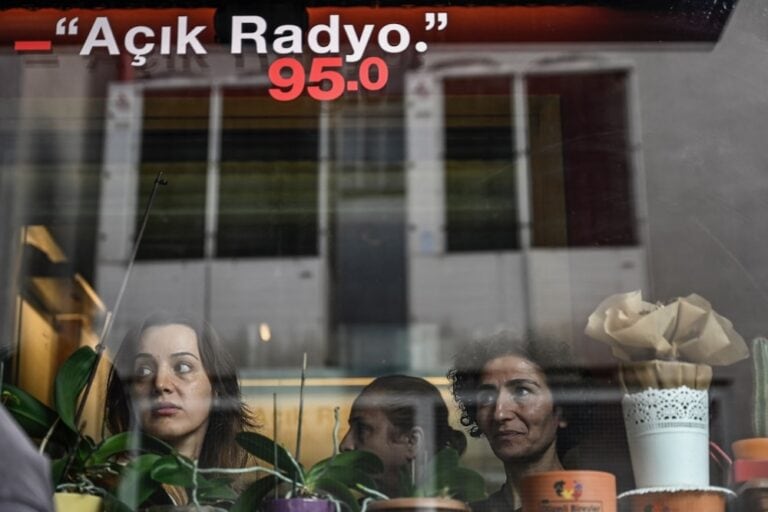(BIANET/IFEX) – Following a complaint of the General Staff, “Sabah” journalist Umur Talu was investigated for an article in which he had reported on the dissatisfaction of sergeants within the army. Now Istanbul Press Prosecutor Nurten Altinok has decided to drop proceedings against the journalist. In his decision, he said: “(The author) had stated that, […]
(BIANET/IFEX) – Following a complaint of the General Staff, “Sabah” journalist Umur Talu was investigated for an article in which he had reported on the dissatisfaction of sergeants within the army.
Now Istanbul Press Prosecutor Nurten Altinok has decided to drop proceedings against the journalist. In his decision, he said: “(The author) had stated that, as part of the journalistic profession and as a humane necessity, he had wanted to describe the situation of a group within the Armed Forces and to improve it.”
The General Staff’s complaint was based on an article by Talu, published on 12 June 2007 and entitled “Are these impossible?”
Under Article 95/4 of the Military Penal Code, a sentence ranging from six months to three years was being demanded. The legal article also envisages an increment in the sentence because a published text was concerned.
Talu was accused of “acting in an insulting and derisive manner aimed at undermining relations between junior and senior officers and destroying the trust in superiors or commanders”. Talu gave a statement to the Press Prosecutor Ismail Onaran in Istanbul on 7 August.
Altinok supported the decision to drop proceedings citing several cases from the European Court of Human Rights (ECHR), such as the “Austrian Democratic Soldiers’ Union and Gubi 1994”, saying that “freedom of expression is one of the basic tenets of a democratic society; it is one of the basic pre-conditions for social and individual development”.
Further, the decision read, “A text expressing complaints and suggesting reforms must be permitted in the framework of the discussion of opinions in a society which is served by a democratic state, and must also be accepted by the society’s army.”
The report concluded that, “According to the ECHR and Supreme Court of Appeals criteria, the text was admissible within freedom of expression and the alleged crime was not committed.”
The decision supported Talu’s attempt at reporting on the complaints of lower-ranking soldiers, and their calls for facilities such as steel vests and mine clearance to prevent deaths. This was, according to the decision, information which could also be obtained from websites of retired sergeants, associations and non-commissioned officers.
The complaints that lower-ranking gendarmerie members had about wages, secure employment, lodgings and social centres of the gendarmerie, were, according to the report, also criticisms which had been expressed in the suggested Change of Gendarmerie Law presented to Parliament.


